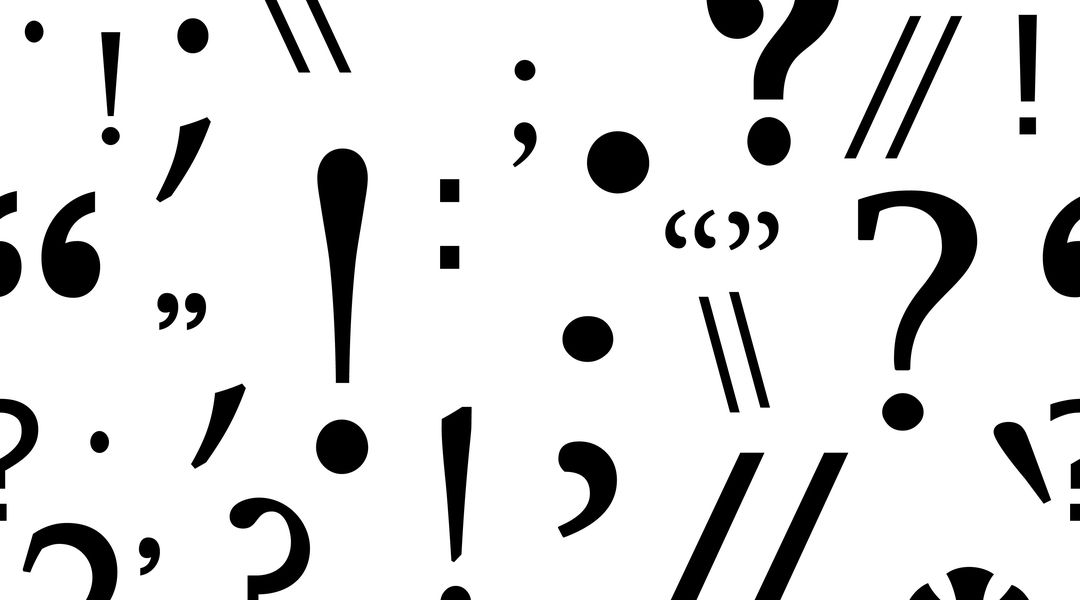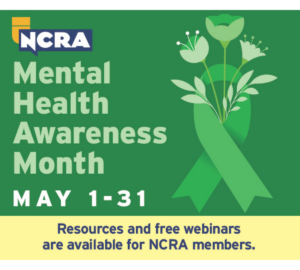By Janine Ferren
Get ready for September 24: It’s National Punctuation Day! I’m confident that no one reading this article would have written “its” instead of “it’s” in the prior sentence. In fact, I’m willing to bet that it grates on the nerves of most of you when you see something like that.
Why is punctuation so important? Simply put, it can completely change the meaning of a sentence and it’s said that it can save lives. How can it save lives? Consider the sentence “Let’s eat, Grandma!” Leaving out the comma — “Let’s eat Grandma!” — completely changes the meaning of that sentence, and proves that, indeed, punctuation saves lives.
While many people may not have consciously considered punctuation since their elementary school days, it is a foundation of the court reporting industry. Court reporters sometimes (often) (frequently) obsess over comma placement, whether something should be quoted or hyphenated, or whether this is one of those opportunities where a semicolon is appropriate. And then it hits us: Does anyone care as much as we do about this stuff? Probably very few people do, but that doesn’t mean we should abandon ship and give up on proper punctuation. It does matter!
Here are a few more examples where incorrect or missing punctuation saves lives:
- “I like cooking my family and my pets.”
- A sign that reads “Hunters Please Use Caution When Hunting Pedestrians Using Walk Trails.”
- “We’re going to learn to cut and paste kids.”
And these two sentences are an example of how powerful punctuation is:
- “A woman, without her man, is nothing.”
- “A woman: Without her, man is nothing.”
What can you do to make sure you have good comma sense? Take the punctuation quiz at Britannica.com. Don’t worry; it’s just a game. There is no fear of losing lives over incorrect punctuation. Go ahead and use #NationalPunctuationDay in your social media posts. Be sure you know all 14 punctuation marks. Finally, remember not only to spellcheck but also to proofread so that you don’t send out a transcript containing an error that is “to embarrassing.”
Janine Ferren, RMR, CRR, is a freelance court reporter from Fishers, Ind. She serves on NCRA’s Proofreading Council and Contests Committee. She can be reached at janine@ferrenfamily.com.





